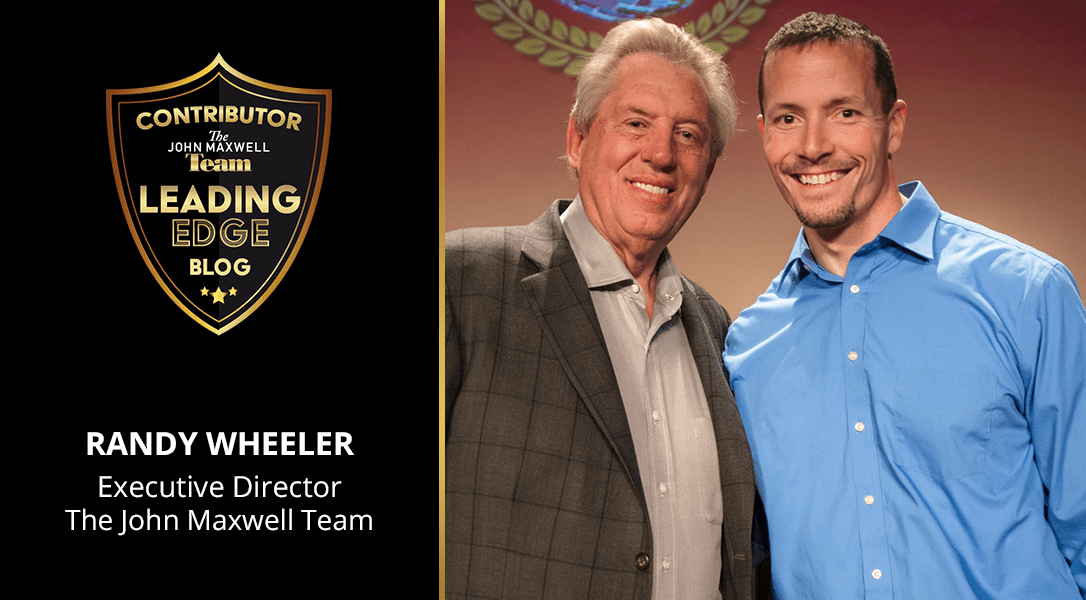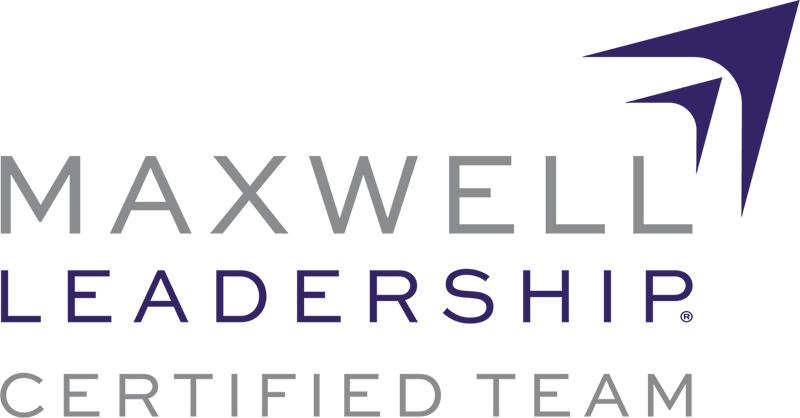The Leading Edge: How My Big Mouth Taught Me the Importance of Specific Leadership Skills

By: Randy Wheeler
“If you show people how much you care and ask questions in a nonthreatening way, you’ll be amazed by how much they’ll tell you.” John C. Maxwell, Becoming a Person of Influence
Confession: I am a very opinionated person. I have an amazing wife who has helped me learn not to be as much of a fool by always sharing my opinions. Because I tend to share my opinions freely, I can get in a bit of trouble from time to time.
As a coach with a sports team, I once had a situation where one of the players was absent from a practice session. I did not know whether or not they were excused, and, out of frustration, I made the comment that this individual seems to miss a lot. I thought I was sharing an innocent observation, but, in reality, I created an unnecessary problem because my comment unintentionally cast doubt about the player’s commitment.
About a week later, I met with another leader connected to this team, and we talked about the situation. In reality, I did little talking. My job was to listen and understand the situation from the other leader’s perspective, and, together, we moved forward. I wanted that leader to know I desired to assist in helping the team reach its ultimate goals and not create any problems to make the goals more difficult to accomplish. I apologized where appropriate and asked questions so I could understand how to prevent a similar future situation.
As I reflected on this situation, a few leadership lessons arose. These lessons, I would suggest, are also skills we all can develop to become better leaders.
- Think before speaking – I know this is not Earth-shattering, and, as a child, if you are like me, you may have heard this thousands of times. Had I paused and thought before I shared my opinion, I probably would have saved myself a week worth of stress.
Maybe the following acrostic will help you as it has helped me. I am not sure where I first heard it, but, recently, I have seen it regularly on the back of a shirt.
T – Is it True?
H – Is it Helpful?
I – Is it Inspiring?
N – Is it Necessary?
K – Is it Kind?
- Listen, don’t just hear – I have been married a little while, and I realize sometimes I am great at hearing, which some would call “selective listening.” I hear what I want but may not truly absorb what is being said. From this situation, I knew I had to listen to the team’s leader and make sure that leader knew I understood what was being said. I could go more in-depth on levels of listening, but that will have to be saved for another time.
- Ask good questions – In order to listen well and clearly understand the other leader’s perspective, I had to ask good questions and gain great clarity. A great leader listens more than he or she speaks. A leader will take time to figure out the right questions to ask and then listen and learn before making an actionable decision.
- Change – If I truly listened in my conversation and learned what behavior or action needed attention, then I will modify it. This is the most difficult skill at times, especially if the change is not your idea. Change or adaptability, though, is how we grow and become more effective leaders.
So, how do you develop these skills? First, take John’s advice from the quote at the beginning by taking time to let people know you care and asking questions. Next, be humble enough to be aware of the need to grow. After that, take the first step that you need to improve. Just like any other skill, it will take time for you and me, but, in the end, our influence and leadership will grow tremendously.
Throughout his professional career Randy has helped individuals and teams work toward reaching their goals and developing as leaders where they are. He is an Executive Director and member of the President’s Advisory Council with the John Maxwell Team and has a Masters in Organizational Leadership which he uses to help individuals develop their personal and professional leadership skills in a way that will increase their impact among their colleagues, friends, and family. He lives in Fishers, Indiana, with his wife and three sons.
You can learn more about Randy and his business at www.wheelercoachingsystems.com
